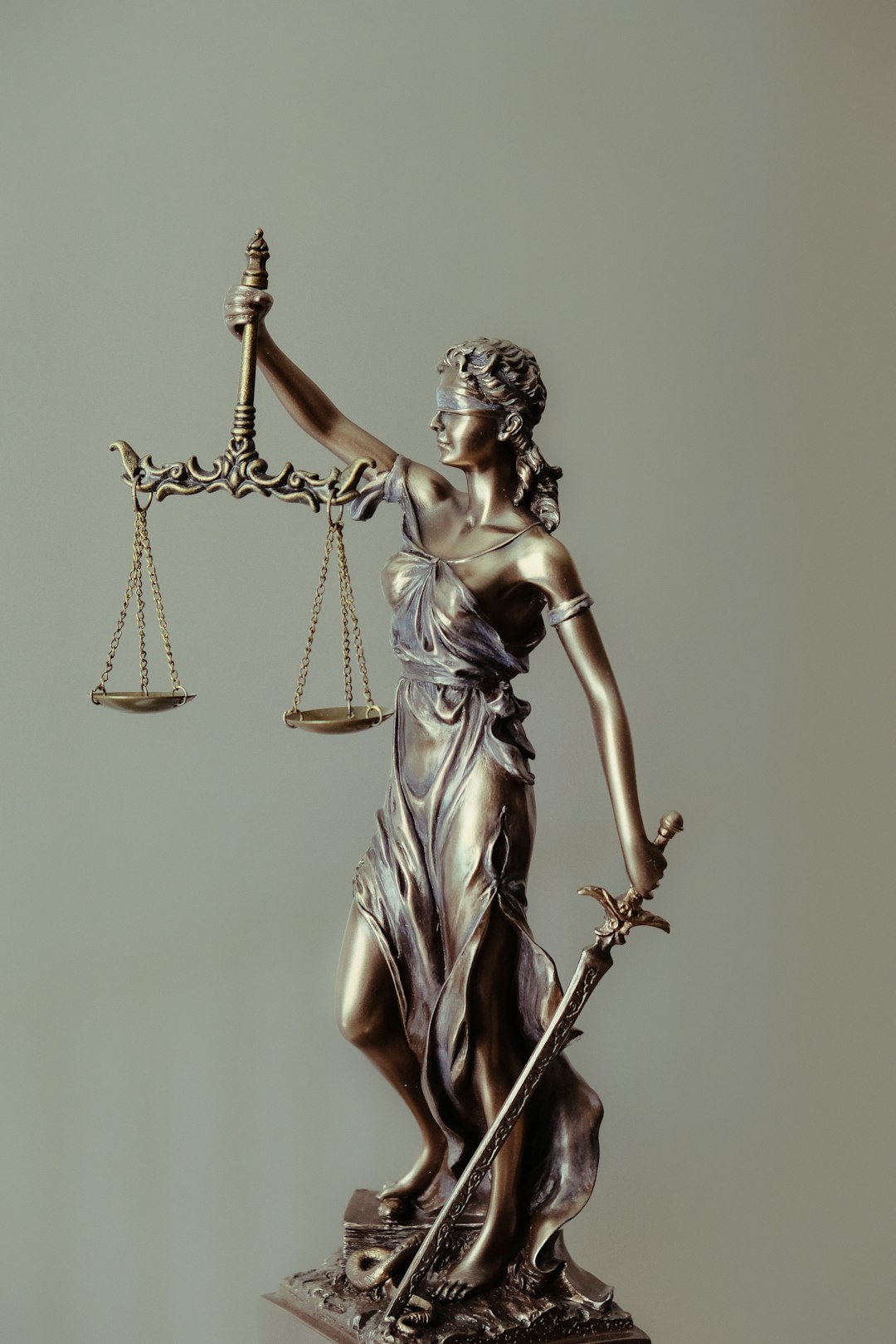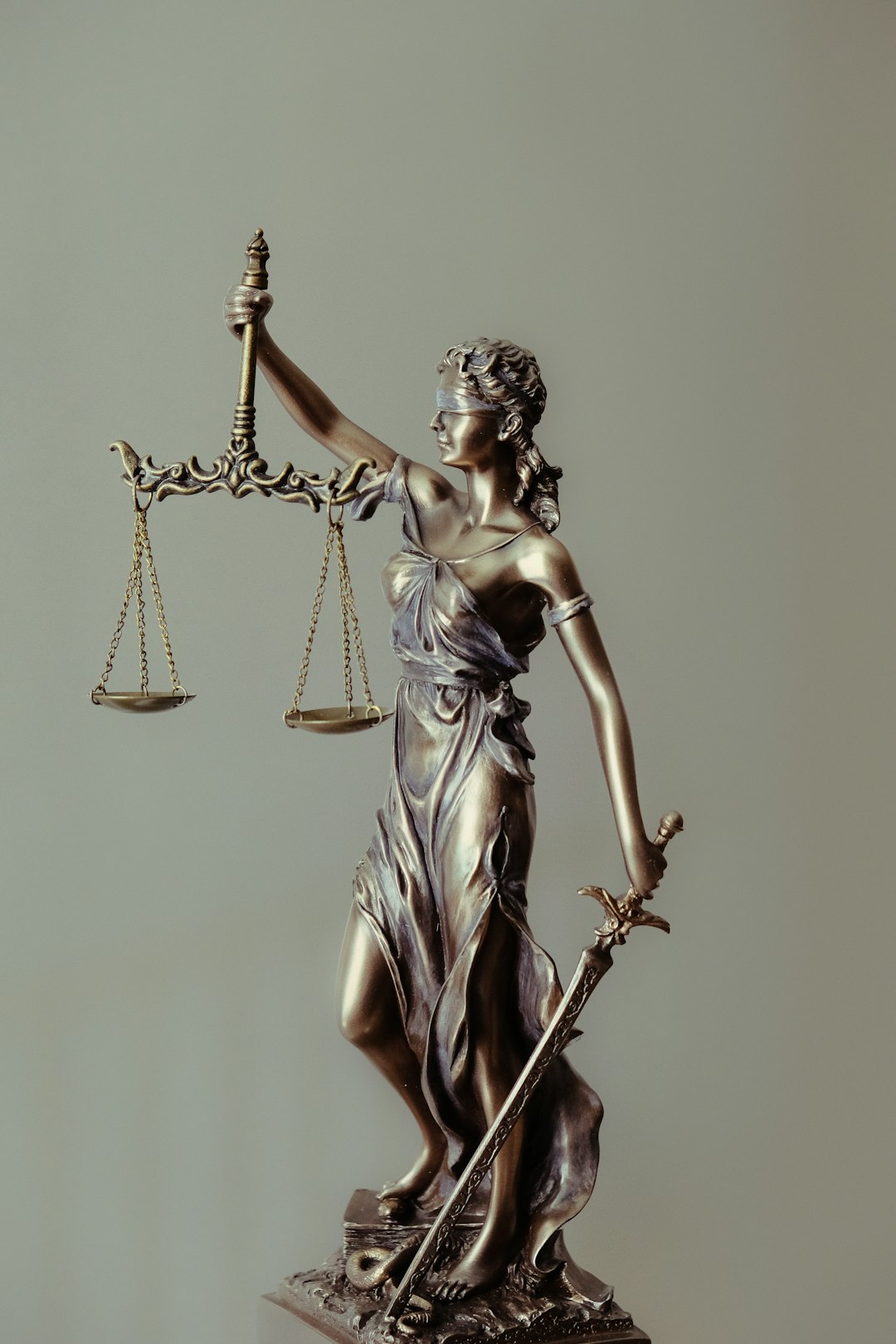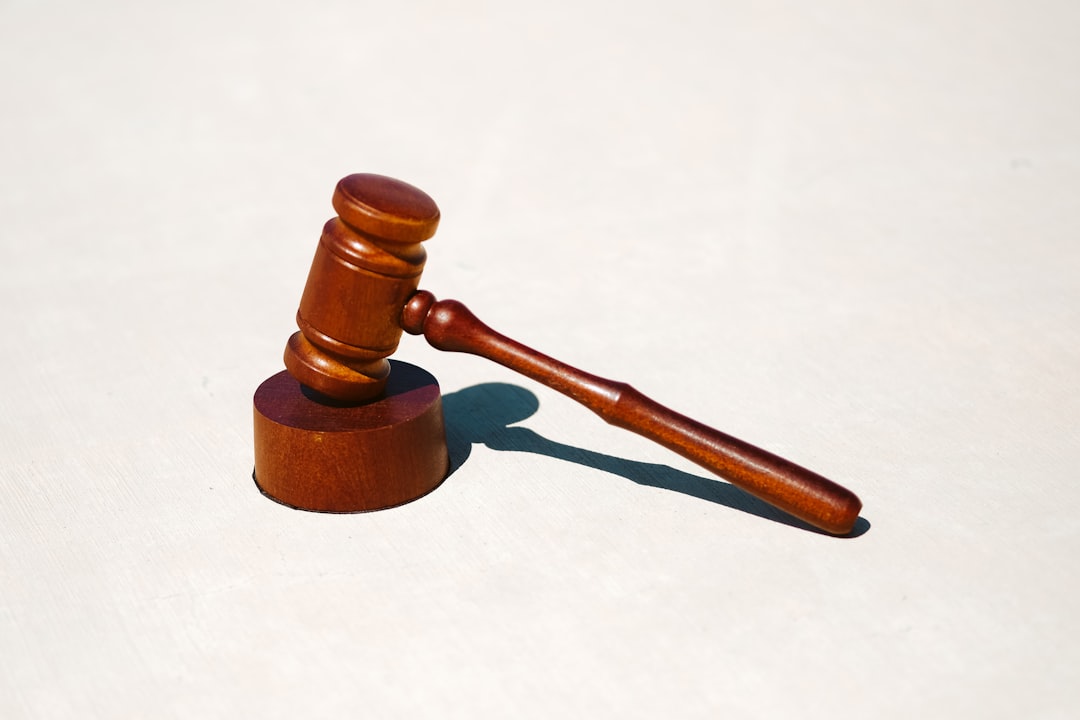Rhode Island's mandatory reporting laws protect children from abuse by obliging teachers, medical professionals, and other officials to report suspected cases to DCYF. Child sexual assault lawyers in Rhode Island specialize in navigating these laws, assisting victims and their families with understanding rights, filing reports, and pursuing legal action against perpetrators. These specialists ensure the sensitive handling of complex cases to meet survivors' needs. Key keywords: child sexual assault lawyers Rhode Island
In Rhode Island, mandatory reporting laws play a crucial role in protecting children from abuse and neglect. This comprehensive guide explores who is legally obligated to report suspected child abuse, including teachers, healthcare professionals, and law enforcement. We delve into various forms of child abuse, the reporting process, and the vital support offered by child sexual assault lawyers in RI. Understanding these laws is essential for fostering a safe environment for Rhode Island’s youth.
Understanding Mandatory Reporting Laws in Rhode Island

In Rhode Island, mandatory reporting laws are designed to protect children from abuse and neglect. These laws require certain individuals, including teachers, medical professionals, social workers, and law enforcement officers, to report suspected instances of child abuse or neglect to the Department of Children, Youth, and Families (DCYF). The primary goal is to ensure the safety and well-being of Rhode Island’s children by enabling prompt intervention.
Child sexual assault lawyers in Rhode Island play a crucial role in navigating these laws. They assist victims and their families in understanding their rights, filing reports, and pursuing legal action against perpetrators. These attorneys specialize in complex cases involving sensitive topics and work to ensure that the legal process is handled with care, accuracy, and sensitivity towards the victim’s needs.
Who Is Considered a Mandated Reporter?

In Rhode Island, mandatory reporting laws are in place to ensure that certain individuals, known as mandated reporters, are vigilant in recognizing and reporting instances of child abuse. This includes any form of physical, emotional, or sexual abuse, neglect, or exploitation. Mandated reporters have a legal obligation to come forward with credible information about suspected child maltreatment.
The list of mandated reporters is extensive and includes professionals who regularly interact with children. This category encompasses teachers, social workers, medical staff, law enforcement officers, counselors, and even childcare providers. In the event that these individuals observe or suspect child abuse, they are required by law to file a report with the appropriate Rhode Island authorities, such as the Department of Children and Families, to initiate an investigation. Child sexual assault lawyers in Rhode Island often work with victims and their families to navigate the complex reporting procedures and ensure justice is served.
Types of Child Abuse and Neglect to Be Reported

In Rhode Island, mandatory reporting laws cover various forms of child abuse and neglect. This includes physical, emotional, and sexual abuse, as well as neglect that results in harm or a significant risk of harm to a child’s health or safety. Child sexual assault is a serious offense that falls under this category, with laws mandating that certain professionals, including teachers, healthcare providers, and social workers, report suspected instances to the Department of Children and Families (DCF).
Additionally, neglect can manifest in various ways, such as inadequate supervision, lack of basic necessities like food or medical care, or exposure to domestic violence. The state’s mandatory reporting laws aim to protect children by ensuring that all instances of abuse and neglect are promptly investigated and addressed, with the ultimate goal of keeping Rhode Island’s children safe, especially those who might be vulnerable to child sexual assault and other forms of harm.
The Process of Reporting Child Abuse

In Rhode Island, mandatory reporting laws are in place to protect children and ensure their safety. If you suspect a case of child abuse or neglect, it is crucial for individuals from various backgrounds to be aware of the reporting process. Anyone who comes into contact with children, including teachers, healthcare professionals, social workers, law enforcement officers, and even neighbors, may be required to report suspected abuse. The process typically begins by contacting the Rhode Island Department of Children and Families (DCF) or local law enforcement to make a confidential report.
Child sexual assault lawyers in Rhode Island often emphasize the importance of timely reporting as it can significantly impact the outcome of legal proceedings. When making a report, individuals should provide detailed information about the suspected abuse, including the child’s identity, the abuser’s information, the nature of the abuse, and any evidence or witnesses present. The DCF will then investigate the claim and take appropriate actions to ensure the child’s safety and well-being.
Legal Implications and Roles of Child Sexual Assault Lawyers in RI

In Rhode Island, mandatory reporting laws are in place to ensure that certain individuals are aware of and report suspected instances of child abuse or neglect. These laws carry significant legal implications, especially when it comes to cases involving child sexual assault. Child sexual assault lawyers in Rhode Island play a crucial role in navigating these complex matters. They specialize in understanding the state’s reporting requirements and the potential consequences for non-compliance, including civil and criminal penalties.
These legal professionals guide clients through the process of reporting suspected child sexual abuse, ensuring that all necessary steps are taken promptly. Their expertise lies in advocating for victims’ rights while adhering to the strict protocols outlined by Rhode Island’s mandatory reporting laws. Child sexual assault lawyers also assist in potential investigations and court proceedings, providing vital support to protect the interests of both the victim and the accused.






